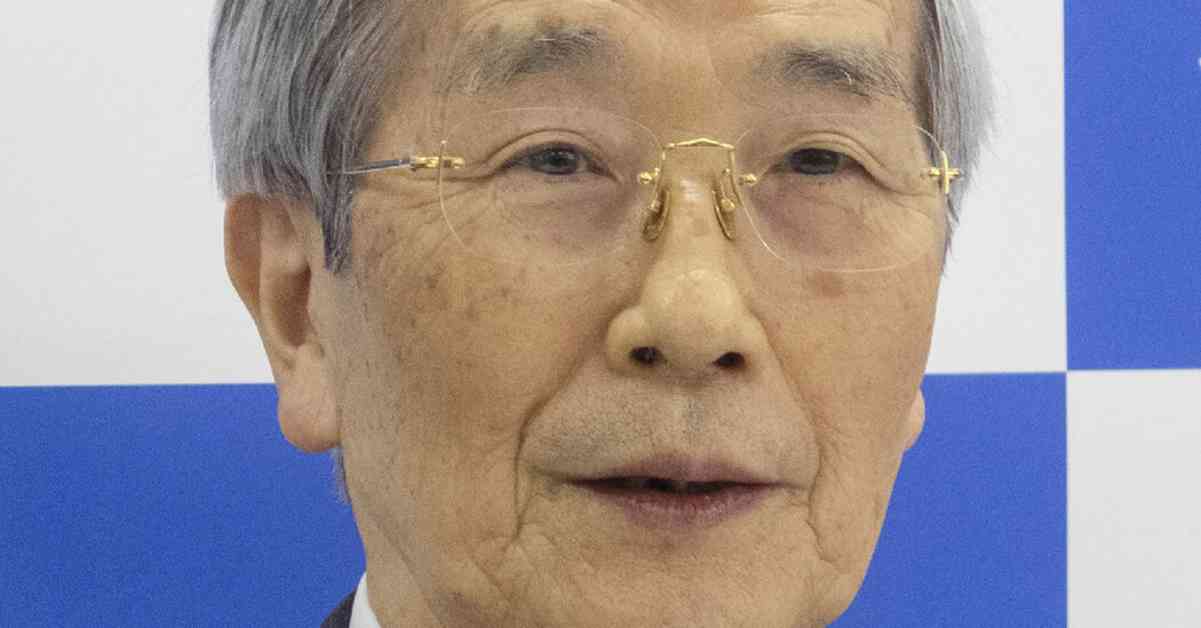Akira Endo, a renowned Japanese biochemist, passed away at the age of 90, leaving behind a remarkable legacy in the field of medicine. His groundbreaking research on fungi in the 1970s laid the foundation for the development of cholesterol-lowering drugs that have had a significant impact on the fight against heart disease.
Cholesterol is a crucial substance in the body, primarily produced in the liver, but it also plays a major role in the development of coronary artery disease, a leading cause of death worldwide. Dr. Endo’s innovative approach involved growing thousands of fungi to identify a natural substance that could block an enzyme involved in cholesterol production. The discovery that resulted from his research led to the development of statins, a type of drug that effectively lowers LDL, or “bad” cholesterol levels in the blood.
The significance of Dr. Endo’s work became evident in the 1980s when statins were proven to be effective in reducing the risk of cardiovascular disease. Following further research by other scientists in the field, the first licensed statin was manufactured by Merck in 1987. Since then, these drugs have been widely prescribed and have helped millions of people in the United States and beyond manage high levels of LDL cholesterol.
Dr. Endo’s contributions to the field of medicine have had a lasting impact on public health, as statins continue to be a cornerstone in the treatment and prevention of heart disease. His dedication to scientific research and groundbreaking discoveries will be remembered for years to come, as his work has saved countless lives and improved the quality of life for many individuals around the world.





















